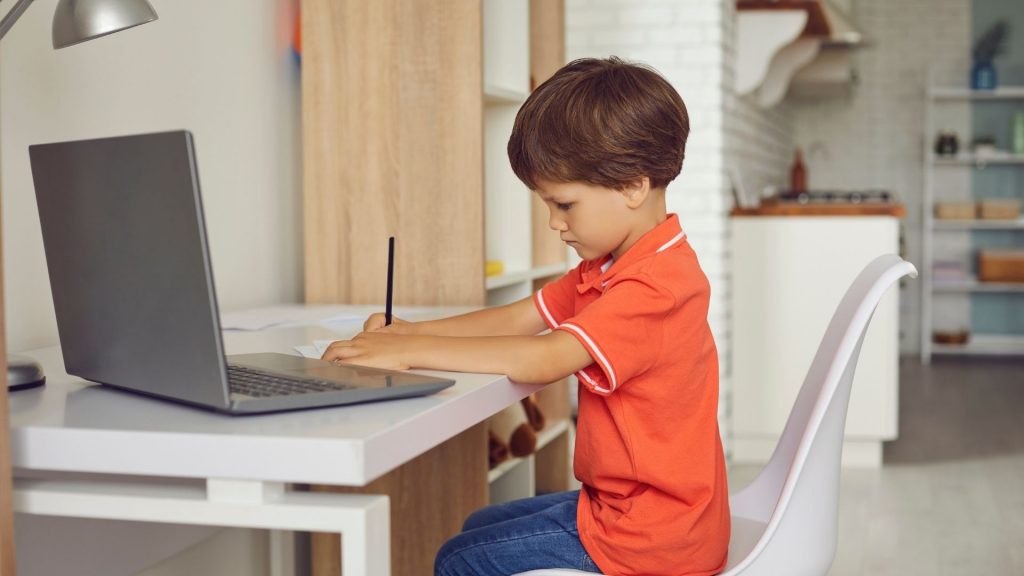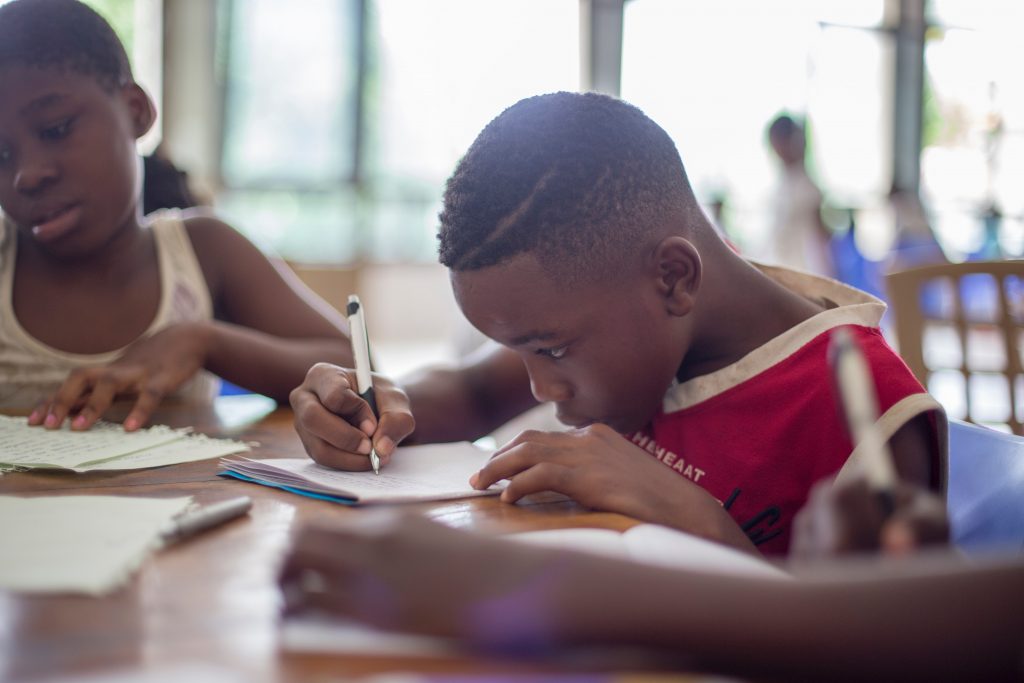More Students Are Being Held Back A Grade, But Will It Help?
As COVID learning loss lingers, more students are repeating grades, but is it helping or hindering their success?

Learning loss — related to the excessive pandemic lockdowns and restrictions — has been a major hurdle for students. Schools across the nation received billions in federal aid money to fill in the gaps. Some have offered remedial class lessons, others are offering free tutoring sessions. Despite these efforts, more students are stuck repeating a grade than ever and some educators are not sure this will solve the problem.
In Delaware, Pennsylvania, and South Carolina, the number of students being held back has more than doubled. Students entering high school were especially affected as a large portion of last year’s freshmen were repeating the grade. The effects of this are widespread.
Schools are scrambling to help students regain focus and catch up before COVID relief money runs out in the fall of 2024. Meanwhile, students are stuck in the middle of a massive youth mental health crisis, their social development and educational understanding was stunted and even prevented by virtual learning, masking requirements, and some districts’ crusade to spend pandemic money on bringing politics into the classroom. With so many changes and struggles it’s no wonder students are experiencing difficulty, but repeating grades has varying success rates and may not lead to academic success.
Repeating grades can help students learn the information they previously struggled to retain. It can better prepare younger students who are not as developed as students who were born ahead of them and allow more time for maturity. Children with behavioral issues who are in favor of being held back are more likely to improve the second time around.
Unfortunately, children who are the oldest in their grade will stand out more when repeating grades. They may rebel or grow bored with the material. In addition, retention also increases the likelihood that children will drop out before graduation. This makes it more difficult for students to get a job and increase their earning potential in adulthood. As if this weren’t concerning enough, students who repeat a grade are often taught the same material the same way for a second year. This does nothing to help students who need different approaches like hands-on learning.
Many students experienced learning loss during virtual lessons because they lacked personal aid. Teachers assigned work and students could turn it in, but that didn’t ensure that they were fully understanding the information being presented, and the lack of classroom discussions left teachers in the dark when students began falling behind. While repeating grades can catch some classes up as a whole, each student’s individual situation also affects how they respond to the situation.

Alex Lamb, a researcher at the Center for Education, Policy Analysis, Research and Evaluation at the University of Connecticut believes that students need more options. Instead of requiring repeating grades or just move on, the severity of the situation has led many to believe that options like in class remediation and private tutoring are more effective means that provide positive long-term results. Remedial teaching strategies help entire classes fill in learning gaps together, while tutoring allows students to receive the individualized lessons they may need to finally understand certain topics.
Repeating grades has become more common in the post-COVID era. Students who fell behind during lockdowns and the aftermath need all the support they can get. While remedial lessons and private tutoring is helping fill in learning gaps, students who cannot move on may benefit from being held back if they want to do so, but those who do not are more likely to experience further difficulties and drop out of school.



